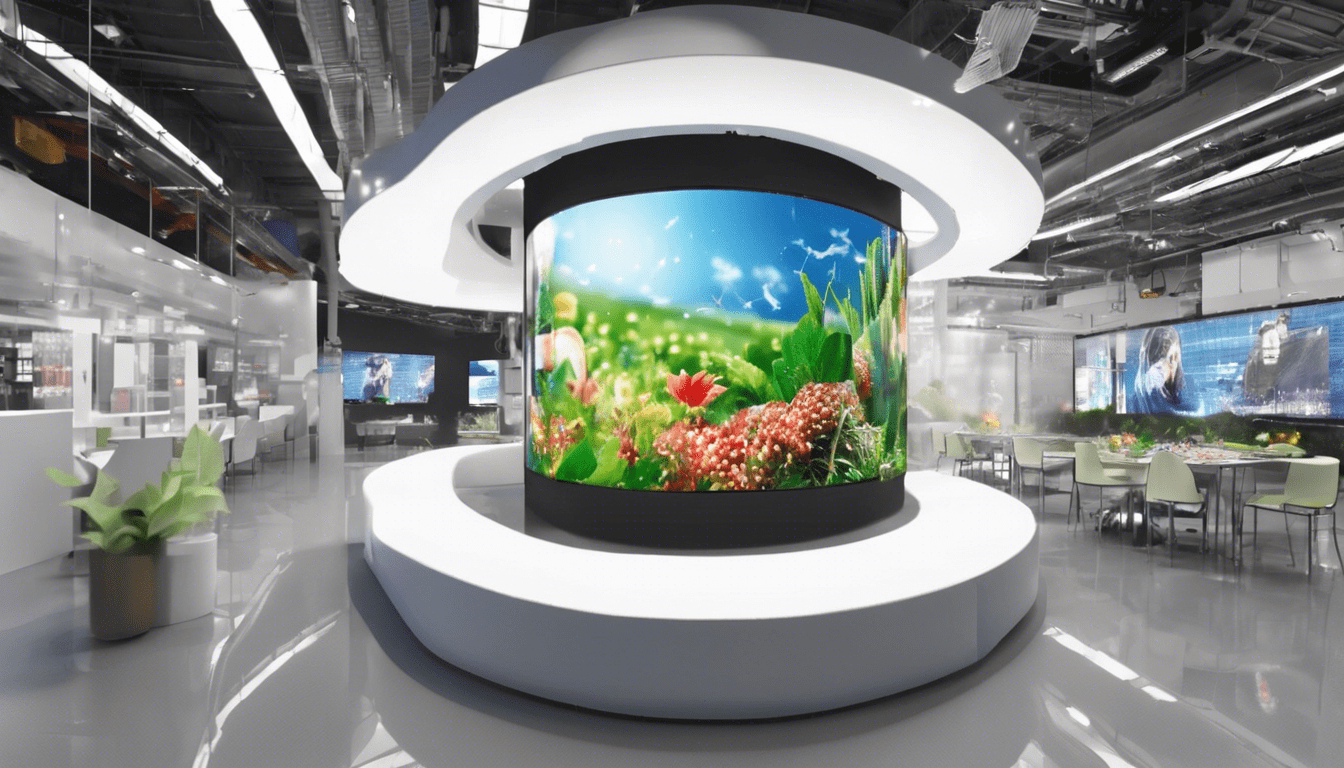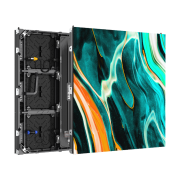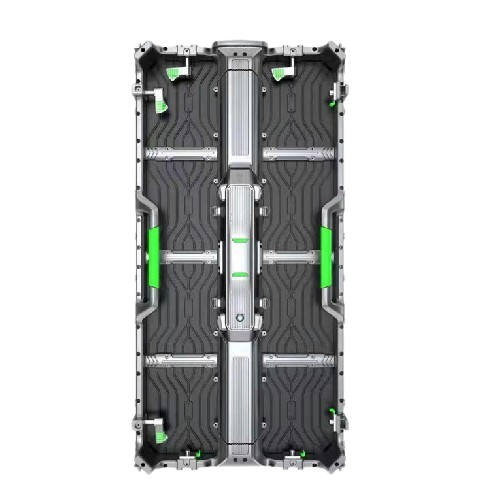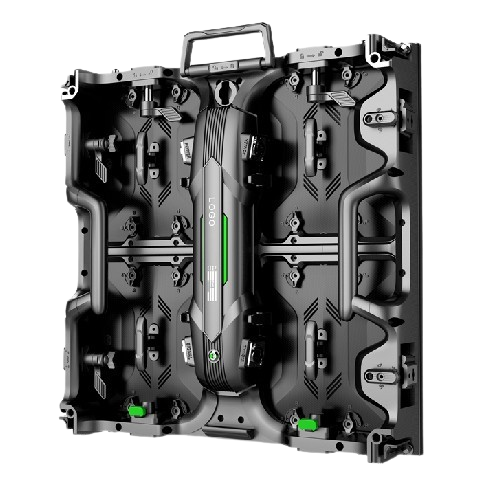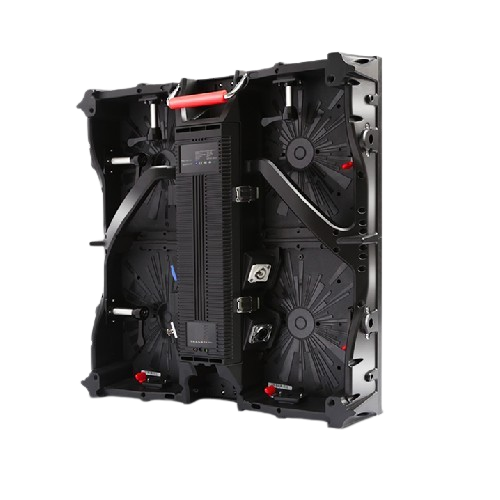Revolutionizing Visual Communication: Indoor LED Digital Display Manufacture
Indoor LED digital displays have become an integral part of modern visual communication. From advertising and entertainment to information display and art presentations, the impact of LED technology in indoor spaces is profound. In this detailed guide, we delve into the intricacies of indoor LED digital display manufacture. We will cover everything from the basic technology behind LEDs to the specifics of manufacturing processes, best practices, and trends in the industry.
Understanding LED Technology
Light Emitting Diodes (LEDs) have revolutionized the display industry. Their ability to emit bright, vibrant light with minimal energy consumption has made them the go-to option for indoor displays.
What is an LED?
An LED is a semiconductor device that emits light when an electric current passes through it. The light is produced by the movement of electrons within the semiconductor material.
Advantages of LED Displays
LED displays offer numerous advantages:
Components of Indoor LED Displays
To understand the manufacturing process, it is essential to break down the fundamental components that make up an indoor LED display.
LED Modules
The core component of any LED display is the LED module. These modules consist of an array of LEDs mounted on a printed circuit board (PCB).
Power Supply Units
Power supply units are critical as they convert electrical power from the mains to the necessary voltage required by the LED modules.
Control Systems
The control system is the “brain” of the LED display, managing data input and distributing the signal appropriately across the display.
Cabinets
Cabinets hold the LED modules, power supply, and control system together, providing a rigid structure.
[h3] Connectors and Cables [/h3]
Connectors and cables ensure smooth data transmission and power supply throughout the LED display.
Manufacturing Process of Indoor LED Displays
The manufacture of indoor LED digital displays involves several intricate steps:
1. LED Sourcing and Bin Sorting
The manufacturing process begins with sourcing high-quality LEDs. Bin sorting is a critical step to ensure uniformity in color and brightness across the display.
2. PCB Design and Assembly
The printed circuit boards are designed to accommodate the LED layout. Soldering techniques are then employed to mount the LEDs onto the PCBs.
3. Power Supply Configuration
Power supplies are configured to match the voltage requirements of the LED modules. These are then integrated into the cabinet with appropriate cooling systems.
4. Control System Integration
The control system is programmed and tested to ensure that it accurately manages input signals and distributes data evenly across all LED modules.
5. Cabinet Assembly
Individual LED modules, power supplies, and control systems are assembled into cabinets. This step involves rigorous testing to ensure all components are working flawlessly.
6. Final Testing and Quality Assurance
Comprehensive testing is conducted to verify brightness, color accuracy, and overall functionality. Any defects are addressed before the product is packaged for shipment.
Best Practices in Indoor LED Digital Display Manufacture
Manufacturing high-quality indoor LED displays requires adherence to best practices:
Adherence to Standards
Ensure compliance with industry standards for safety, performance, and environmental impact. This includes certifications such as ISO and CE.
Component Quality
Use high-quality components that meet rigorous standards. This will enhance the longevity and performance of the LED display.
Precision in Assembly
Precision in assembly is vital to avoid issues such as dead pixels or inconsistent brightness. Automated soldering and inspection systems can enhance accuracy.
Comprehensive Testing
Implement comprehensive testing protocols at every stage of the manufacturing process to identify and address defects early on.
Customer-Oriented Customization
Provide customization options based on customer needs, such as different pixel pitches, shapes, and mounting options.
Trends in Indoor LED Digital Displays
The LED display industry is continually evolving. Here are some key trends:
Flexible and Curved Displays
Innovations in LED technology have made it possible to create flexible and curved displays, offering new design possibilities.
Higher Resolution
As technology advances, LED displays are achieving higher resolutions, enhancing the viewing experience.
Interactive Displays
Interactive LED displays are becoming popular in retail and entertainment sectors, allowing for greater audience engagement.
Eco-Friendly Solutions
Manufacturers are focusing on eco-friendly solutions, including low-energy LEDs and recyclable materials.
Conclusion
Indoor LED digital displays represent the pinnacle of modern display technology, offering unmatched brightness, versatility, and energy efficiency. The manufacturing process is intricate, involving meticulous attention to detail and adherence to best practices. As trends continue to evolve, the future of indoor LED displays promises to bring even more innovative solutions to the forefront. Whether it’s for advertising, information dissemination, or artistic purposes, these displays will continue to redefine our visual experiences.

